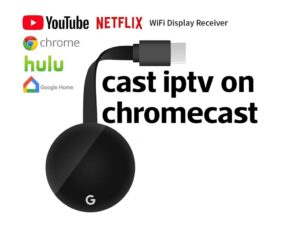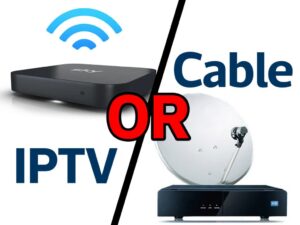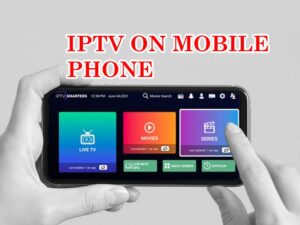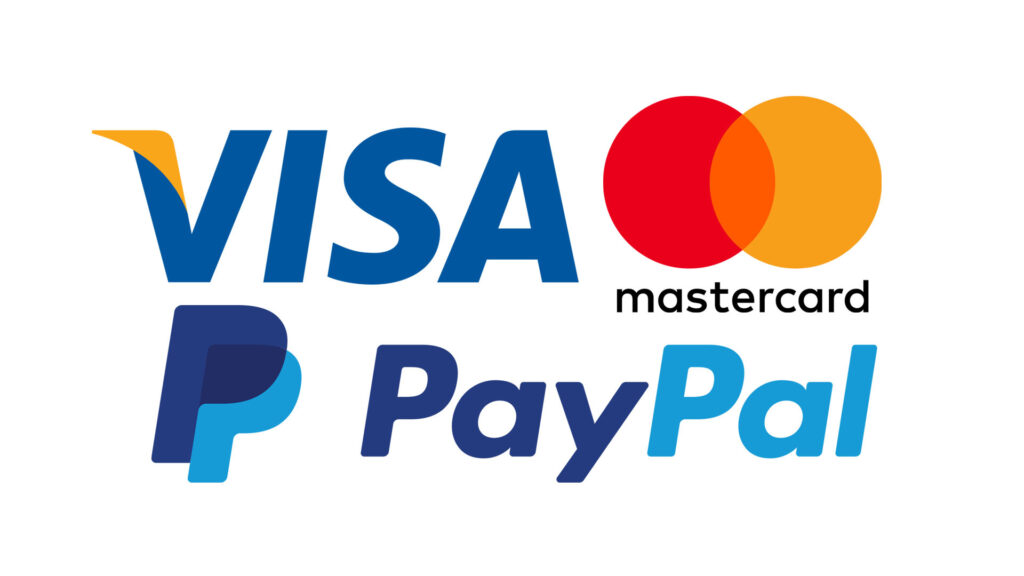IPTV vs Cable
IPTV or cable? let’s start with IPTV (internet protocol television) a term that refers to television broadcasting over the internet. If you’re not sure what it is, check out our explanation (here). It has a lot of things that cable doesn’t, but what is the difference between the two, and what are the benefits and drawbacks?
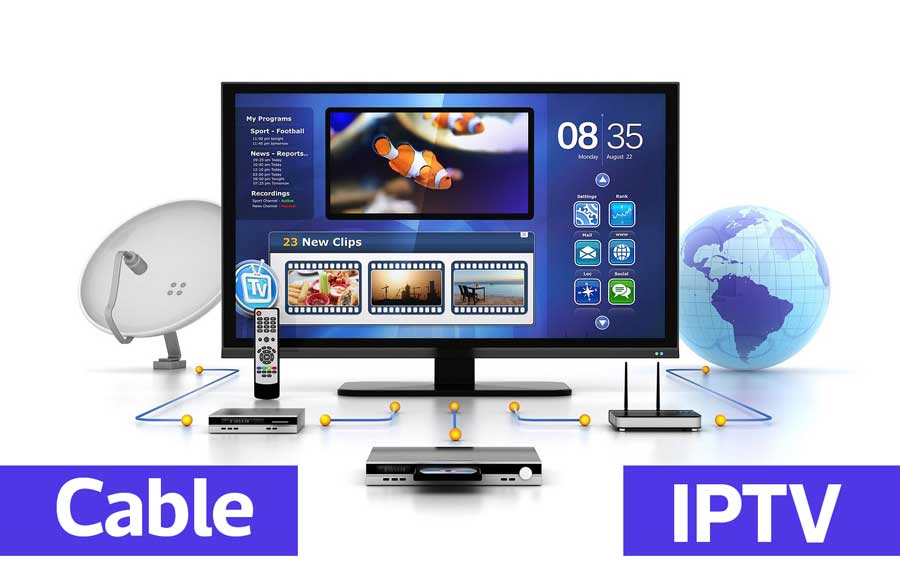
The major distinction between IPTV and cable is that cable was designed to be a one-way broadcast medium. All available programming is distributed from a central head-end via a hybrid-fiber-cable (HFC) system with fiber running throughout the communities. The offerings are then transmitted to the residence via coax cable (typically RG-6/U or similar).
Even though the cable is largely a one-way system, there are “reverse channels” that allow the STB box to communicate with the cable head end. Any channels that the client does not pay for can be blocked by the cable company.
Data Over Cable Service Interface Specification (DOCSIS), designed by CableLabs, is used by cable television systems. It distributes the fiber and cable’s bandwidth into many 6-MHz wide channels. These channels were designed specifically for the original analog television. They’ve been utilized to transmit digital television over time.
Over time, the bandwidth of those cables has likewise risen. Most systems today have a bandwidth of 860 MHz or 1 GHz. Cable operators can now fit two or more digital TV signals onto a single 6-MHz channel thanks to efficient video compression and modulation techniques such as multilevel quadrature amplitude modulation (QAM). These 6-MHz channels also make an excellent Internet access spectrum with extremely fast speeds.
The DOCSIS technology is also used by most cable operators to provide low-cost Voice over Internet Protocol (VoIP) services. As a result, cable television companies are the industry leaders in triple-play services.
The maximum speed of DOCSIS 3.0 is 152 Mbits/s downstream and 108 Mbits/s upstream, thanks to the usage of 256 QAM and the bonding of four 6-MHz channels. Few carriers have yet to embrace 3.0, although Comcast has installed it and is now offering data rates in select areas of the United States to compete with Verizonâ??s FiOS, which is now the fastest.
IPTV employs only baseband modulation, whereas cable uses broadband modulation. Although older computers still utilize MPEG-2, the more efficient MPEG-4 (H.264) is the most widely used video compression technology.
There are other points in which we can see the difference between IPTV and cable:
- Cable is currently more widely available. Apart from regions where a satellite dish is required, the cable is available almost everywhere. However, IPTV is becoming more widely available. Naturally, you should check your individual area, but a fair rule of thumb is that if good, high-speed internet plans are accessible where you are, IPTV is as well.
- Without buffering, cable delivers high-quality, HD visuals. Because your IPTV streams television via the internet, you may experience video degradation during peak hours if your internet connection is poor.
- Unless you have a PVR, you’re stuck with a TV schedule if you have cable. Most IPTV channels allow you to pick and choose when you wish to watch specific shows. In addition, most IPTV bundles include a PRV so that your live TV experience is as convenient as your streaming. That’s correct. When we watch the news, we say Ian Hanomansing.
- With cable, you can watch your show whenever you want. You receive a variety of features with IPTV that allow you to engage with your show. If you like John Wick, you might be interested in seeing what else Keanu Reeves has done. You don’t even need to look at your phone to see the rest of his illustrious filmography.
- Your TV package provider most likely also offers internet, VoIP, phone service, or a mix of these services. If you want a good deal, you can acquire a package of services. For a long time, a bundle’s TV package was by default cable, but recently, more and more providers have switched to IPTV. So, if the bundled services are a big deciding factor for you, you may be converting to IPTV in the near future.


